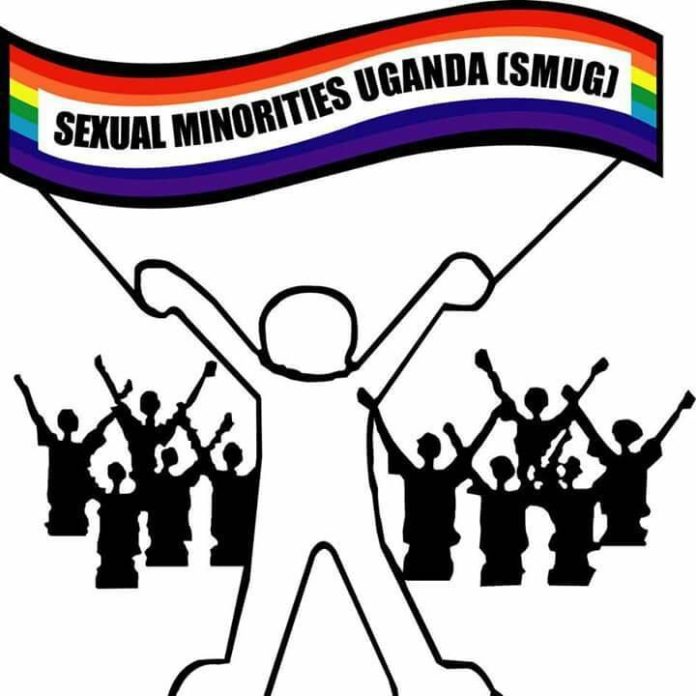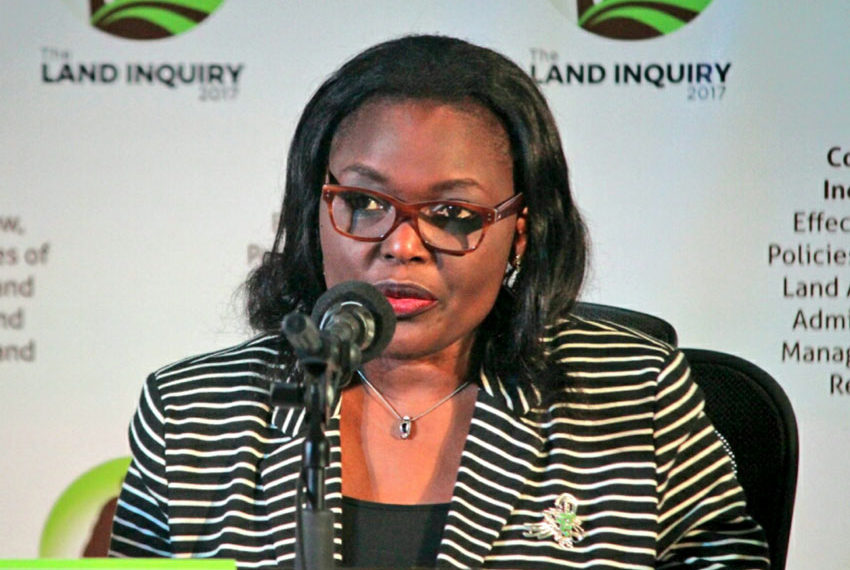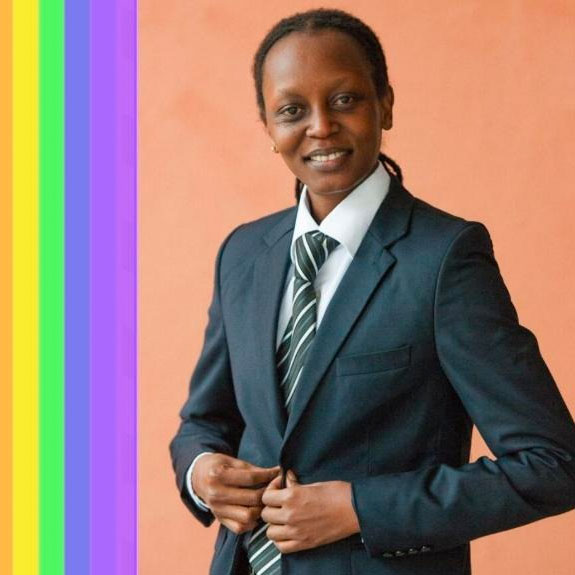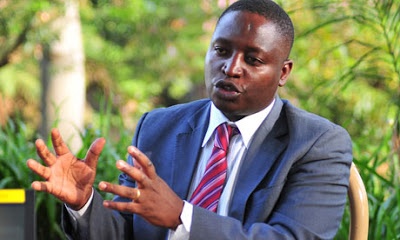LGBT Ugandans won’t be allowed to join together to fight for their rights
Joto La Jiwe is a Ugandan correspondent for the African…
Court concludes that registering LGBT organisations is against the public interest.

The Uganda Court of Appeal has upheld a lower court ruling that the Uganda Registration Services Bureau (URSB) was right to reject official registration of the LGBTQ rights group Sexual Minorities Uganda (SMUG).

LGBT rights advocates Frank Mugisha, Dennis Wamala and Joanita Mary Senfuka had appealed against the 2018 decision of the high court, which had ruled that the registrar was right to refuse to register SMUG, claiming that the objective of the organization was to promote the rights and welfare of people whose conduct is against the law in Uganda.
In today’s Court of Appeal decision, the three-member panel of judges led by Justice Catherine Bamugemereire ruled that registering SMUG under Uganda company law would be in wrong because, they said, SMUG engages in activities that are labeled as criminal under Section 145 of the Penal Code Act, which states:
“Any person who has carnal knowledge of any person against the order of nature’ and ‘any person who permits a male person to have carnal knowledge of him or her against the order of nature… commits a crime and is liable to imprisonment for life”.
According to Justice Bamugemereire, URSB acted within the law to disallow the name SMUG as proposed because it is not in doubt that SMUG is associated with the promotion and protection of the rights of LGBT people, which are prohibited in Uganda.
The other two judges who supported Justice Bamugemereire’s decision were Deputy Chief Justice David Biteera and Christopher Gashirabake. These judges also form part of the panel that is to decide the case challenging the Anti-Homosexuality Act (AHA) 2023 whose judgment is eagerly awaited.

Adrian Jjuuko, the executive director of the LGBTQ-friendly legal aid organization Human Rights Awareness and Promotion Forum (HRAPF), tweeted that “we have lost on 4 grounds; on refusal to reserve name and won on delay and costs”.
Jjuuko, who personally participated in the case as counsel, stated that the court decision essentially validates the Anti-Homosexuality Act’s provisions criminalizing “promotion of homosexuality’”and may spell disaster for organisations that are regarded as “promoting homosexuality”.
Frank Mugisha, the executive director of SMUG and one of the appellants in the case, said that the ruling sets a bad precedent because it concludes that registering an LGBT organisations is against the public interest.

Commenting about the ruling, Kasha Jacqueline, a Ugandan LGBTQ rights feminist. tweeted: “We live to fight another day. It’s not surprising. They pulled the same stunt in 2014 … after [President Yoweri] Museveni signed #AHA [the earlier version of the AHA, which was later overturned by the Constitutional Court] . Now 10 years later everything is repeating itself”.
Kuchu Times Media Group, an LGBTQ-leaning online platform, tweeted: “Freedom of association is a fundamental human right proclaimed in the Universal Declaration of Human Rights. Effective participation of all non-state actors including @Sexual Minorities in economic and social policies lies at the heart of democracy and the rule of law everywhere”.
In a press statement issued after the ruling, SMUG stated: “The LGBT community sees this ruling as a missed opportunity to address the suppression of their freedom of association, instead focusing on perceived societal norms….”.
Let’s Walk Uganda (LWU), another LGBTQ organization, stated: “Yet a very sad day and setback in the fight towards discrimination against LGBTQ+ communities in Uganda. The court of appeal has upheld a high court ruling that permits the Uganda registration service Bureau from refusing to register LGBTQ+ organisations. Very unfortunate and sad. But we shall keep moving forward”.
Victor Mukasa, a trans man activist, founded Sexual Minorities Uganda on 3 March, 2004, in Kampala at the Kaival restaurant and Internet cafe. The earliest members included Val Kalende. Kamuhangire.E and David Kato, who were among the first board members.

The activism of SMUG has been controversial through much of the organization’s history. It was a prominent target for homophobic officials and pastors in the later-2000s during the rise of homophobic populism in the country and the introduction in 2009 of the Uganda Anti-Homosexuality Bill in Parliament by David Bahati.
In 2022, the Ugandan government ordered SMUG to suspend operations, saying that it was not officially registered.





This decision to exclude SHAMS for the political process goes directly against the Uganda Constitution, which provides in pertinent part:
“The following objectives and principles shall guide all organs and agencies of the State, all citizens, organisations and other bodies and persons in applying or interpreting the Constitution or any other law and in taking and implementing any policy decisions for the establishment and promotion of a just, free and democratic society…
The State shall be based on democratic principles which empower and encourage the active participation of all citizens at all levels in their own governance.”
Obviously, the three judge panel deciding this case do not even understand their own constitution, How can you exclude political participation by SHAMS and “encourage the active participation of all citizens in their own governance.” The judges are obviously blinded by their own bigotry and homophobia. Shame on them.